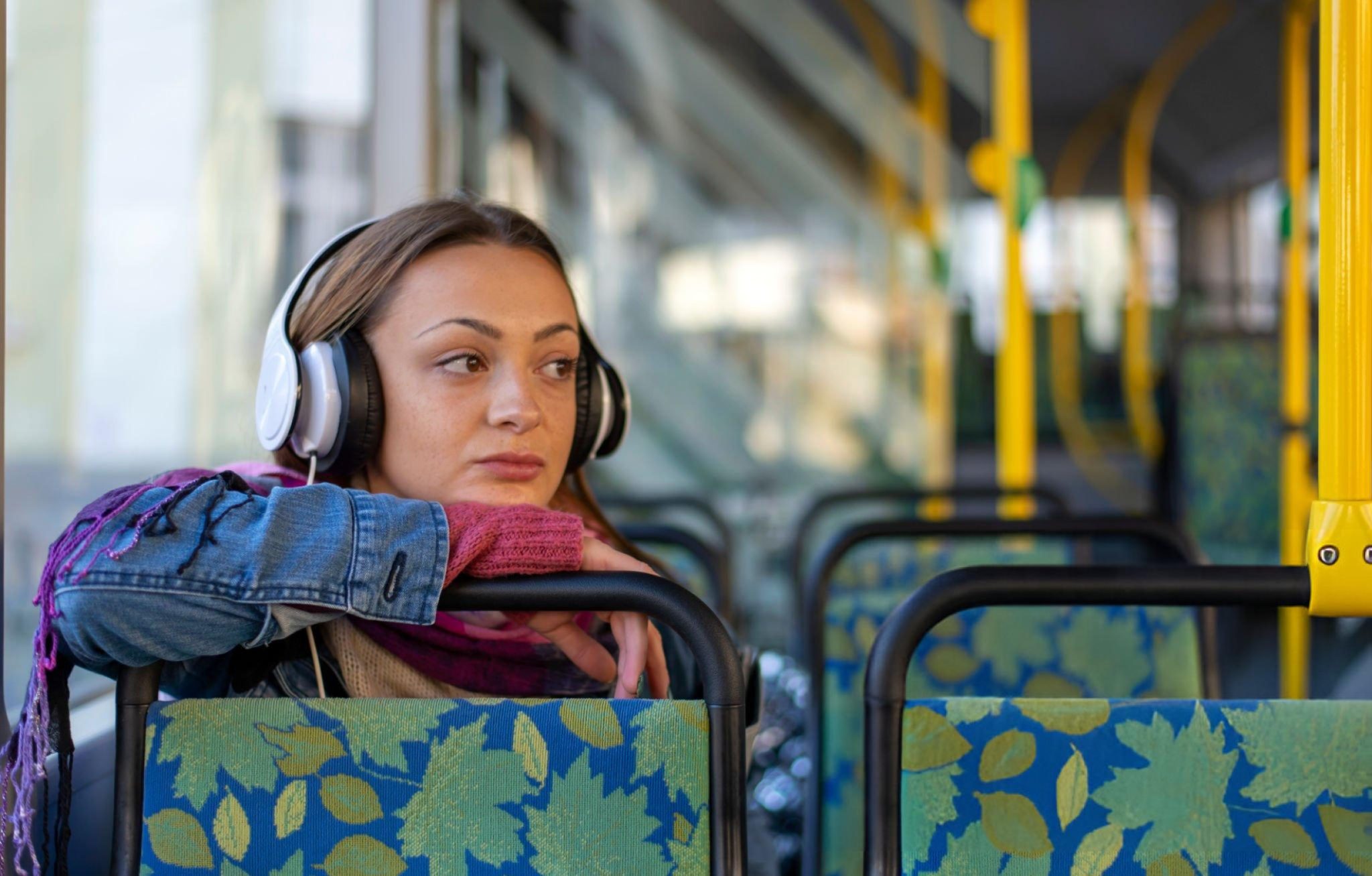Party proposes £1,000 fines to curb antisocial behaviour on buses and trains
The Liberal Democrats have launched a fresh campaign to outlaw the playing of music and videos out loud on public transport, describing the practice as a growing menace that contributes to a wider culture of antisocial behaviour. Under their proposals, individuals could face fines of up to £1,000 for flouting the rules.
Sir Ed Davey’s party is seeking to introduce an amendment to the Bus Services Bill, currently progressing through the House of Lords, to enforce a ban on playing audio content from mobile phones or speakers without the use of headphones. The proposed legislation would apply across England and could mirror existing railway byelaws that already prohibit activities such as spitting, using offensive language, or dropping litter.
While these byelaws currently apply only to trains, the Liberal Democrats argue that similar rules could be extended to buses through strengthened local authority powers and antisocial behaviour legislation.
Lisa Smart, the Liberal Democrats’ home affairs spokesperson, said such changes are long overdue and would resonate with the frustrations of everyday commuters.
“Whether you’re heading to work, taking your children to school, or simply trying to enjoy a quiet moment, you shouldn’t have to endure a stranger blasting music or videos,” she said. “Time and time again, I hear from people who feel too intimidated to speak up when someone is playing content out loud on public transport.”
Ms Smart went on to describe so-called “headphone dodgers” as some of the worst offenders when it comes to antisocial conduct during commutes. “Everyone deserves to feel safe and respected in shared public spaces,” she added. “It’s time to stand up for the quiet majority who just want to get from A to B in peace.”
The party’s proposals are not merely symbolic. Under their plan, enforcement could come via fines of up to £1,000 for those who breach the new public transport regulations. The aim, they say, is to instil a sense of shared responsibility and basic civility in communal settings.
A Home Office source acknowledged the increasing public concern over antisocial behaviour and confirmed that officials have been asked to explore how fixed penalty notices could be more effectively used to address the problem. They suggested the current Conservative government had let enforcement tools fall into “practical disuse” since their peak under the previous Labour administration.
“There is now work to be done to understand how and where these kinds of fines can be most useful,” the source said. “The Home Secretary has instructed her officials to carry out this analysis at pace so we can equip police with the fullest range of powers possible to take effective action against antisocial behaviour—whatever form it takes and wherever it occurs.”
The Liberal Democrats’ call for action has sparked wider political debate, with members across the aisle acknowledging the nuisance caused by loud music on public transport.
Shadow Transport Secretary Gareth Bacon said: “Everyone deserves to travel in peace. Playing loud music on public transport may seem like a small thing, but it speaks to a growing tolerance of antisocial behaviour that chips away at public civility.”
While the proposal may face legislative hurdles, it has already struck a chord with a public weary of inconsiderate behaviour in shared spaces. With commuter discomfort becoming an increasingly hot-button issue, the Lib Dems appear eager to lead the charge on restoring a sense of courtesy and calm to Britain’s buses and trains.







